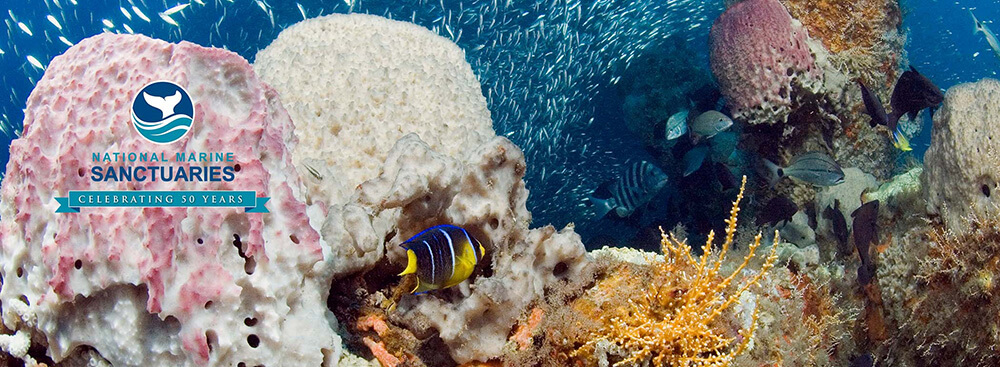Webinar Series

The National Marine Sanctuaries Webinar Series provides educators, students, and the interested public with educational and scientific expertise, resources and training to support ocean and climate literacy. This series generally targets formal and informal educators that are engaging students (elementary through college) in formal classroom settings, as well as members of the community in informal educational venues (e.g. after school programs, science centers, aquariums, etc.). However, the series is open to anyone interested in the topics listed below.
For distance learning programs about marine mammals and other protected species in the wild, please visit our Wildlife Viewing Guidelines and the NOAA Fisheries Office of Protected Resources' Marine Life Viewing Guidelines to ensure you are aware of the regulations.
Upcoming Webinars
There are no webinars scheduled at this time.

